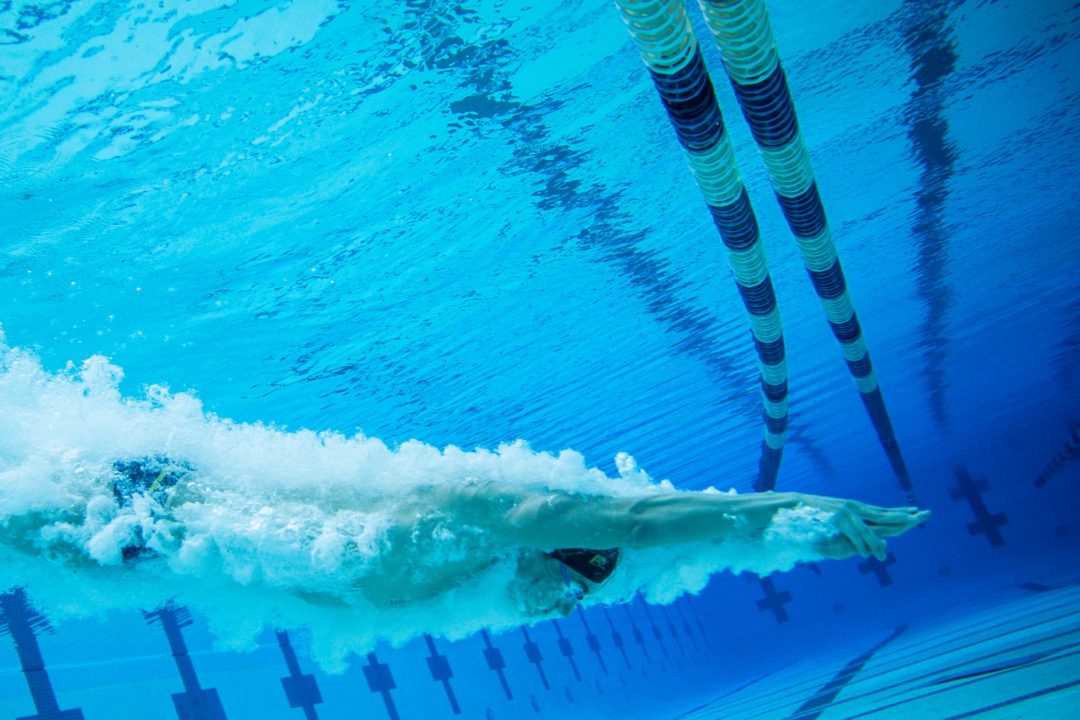The few weeks, or months, between the end of swimming championships season and the start of the next competition season can be a strange time for many swimmers. The high is just coming down, and no big meets are coming up. Athletes oftentimes find themselves with too much time on their hands, either unsure of how to spend the hours usually allotted for practice, or eager to go wild with everything they couldn’t do during peak competition season.
This period can be a valuable opportunity to get an early advantage heading into the next season if spent well. So, here are a few tips to help you make the most out of off-season practice.
DO take a break.
Use this opportunity to rest, physically and mentally. You’ve probably been training hard nonstop for the past few months, pushing yourself past your limits. Whether or not you’ve started to feel it, this is taxing on both your mind and body, and you could greatly benefit from taking this time to recover. If you have any injuries, this is the time to get that checked out.
DON’T slack off.
Taking a break to recover is not the same as foregoing all responsibilities. Yes, you need to take the pressure off and give yourself some room to relax and have fun. Just make sure not to go overboard. The more you let yourself go during this period, the harder it will be to get back in the grind.
DO eat right.
It goes without saying that proper nutrition (whatever this means to you) should be followed year round for optimal performance. Sure, you probably want to use this time to indulge on food you couldn’t eat during competition season. And you should – as long as you don’t make a habit out of eating junk food.
DO try cross training.
Stay in shape during the off-season by trying out different exercises that could also benefit your swimming. This could be a way to take a physical and mental break from performing repetitive movements while staring at a black line. And, this could give you a chance to get a head start on working on strength and conditioning.
DO assess your training and performance.
What worked? What didn’t? Did you spot anything you want to improve on next season? Was there anything you could have done differently to see better results? What are some of the goals you want to set for next season? This is the time to reflect, and build a plan moving forward.
DON’T avoid the pool completely.
You don’t have to perform intense training sets. Just swim a few times a week, and do some maintenance work so you don’t lose your feel for the water. Avoiding the water for weeks at a time will set you back quite a bit.
DO focus on technique.
Even the smallest improvements can have significant impacts. Whether you need to completely rebuild your strokes, or just need to make minor adjustments, off-season swim practice is the perfect time to work on your technique. Perform drills to target specific areas that need work and make the necessary corrections, so you have it right as soon as training intensity starts to come back up. This will be one less thing to worry about, and it will do wonders for your performance.
Check out TritonWear’s resource library for more awesome content.
Learn more about how swimmers can improve faster and gain a competitive advantage in this ebook download.
VISIT THE TRITONWEAR HQ
Follow us on Instagram
Like us on Facebook
Follow us on Twitter
TritonWear is a SwimSwam partner.

